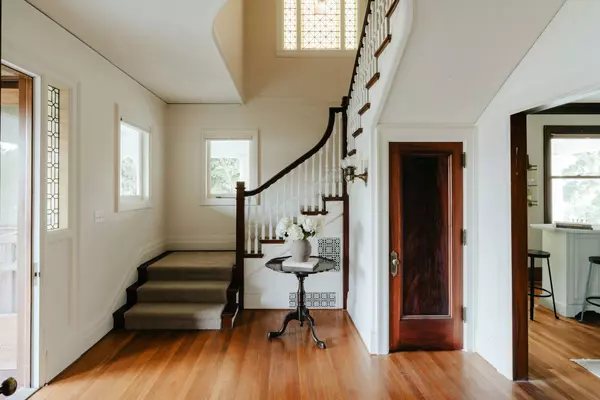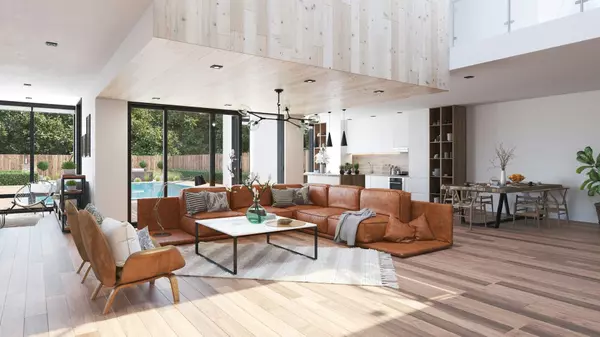Rent vs. Buy: Which Option is Right for You?

Deciding whether to rent or buy a home is one of the biggest financial decisions you’ll face. Both options have their pros and cons, and what’s right for you depends on your lifestyle, financial situation, and long-term goals. Let’s dive into the factors you should consider when choosing between renting and buying a home.
1. Financial Considerations
One of the biggest differences between renting and buying is the financial commitment. When you rent, you’re typically only responsible for a security deposit and monthly rent payments. On the flip side, buying a home comes with upfront costs like the down payment, closing costs, and recurring expenses like your mortgage, property taxes, and maintenance.
Renting Pros:
- Lower upfront costs.
- No responsibility for maintenance or repairs.
- Flexibility to move when the lease ends.
Buying Pros:
- Building equity over time.
- Potential tax benefits (such as deducting mortgage interest).
- Stable monthly payments if you have a fixed-rate mortgage.
When comparing the costs, consider the long-term investment of buying a home. While renting can be less expensive in the short term, you aren’t building equity. Homeownership allows you to build wealth as property values appreciate over time.
2. Lifestyle Flexibility
Are you someone who values flexibility and mobility, or do you prefer stability? This is an important question when deciding between renting and buying.
If your job or lifestyle requires frequent moves, renting might make more sense. It offers the freedom to relocate without worrying about selling a property. However, if you plan to stay in one place for the long haul, buying a home can provide the stability and security of knowing that you have a permanent place to call home.
3. Building Equity vs. Paying Rent
One of the major benefits of homeownership is the opportunity to build equity. Equity is the difference between your home’s value and the amount you owe on your mortgage. As you make mortgage payments and as your home increases in value, you build more equity. This equity can be used in the future to take out loans for renovations, or it can provide a return on your investment when you eventually sell your home.
In contrast, rent payments go directly to your landlord and don’t give you any long-term financial benefit. It’s essentially money you’ll never get back. However, if you’re not ready for the financial commitment of a mortgage or prefer the freedom of renting, that’s okay too. It’s about finding what works best for your current situation.
4. Maintenance and Responsibilities
One of the perks of renting is that your landlord is typically responsible for maintenance and repairs. Leaky faucet? Broken appliance? As a renter, you can usually count on your landlord to handle those issues at no extra cost.
When you own a home, all the responsibility falls on you. Homeowners need to budget for ongoing maintenance, from lawn care to HVAC servicing to unexpected repairs like a roof leak or a broken water heater. On average, homeowners should set aside 1-2% of the home’s value annually for maintenance.
Renting Pros:
- Maintenance and repairs are the landlord’s responsibility.
- Less worry about unexpected costs.
Buying Pros:
- Full control over upgrades and changes to the property.
- Potential to increase your home’s value through renovations.
5. Market Conditions
The state of the housing market plays a significant role in whether it’s a good time to rent or buy. In a buyer’s market, when there’s plenty of inventory and prices are lower, buying might make more sense. In a seller’s market, when prices are higher, and competition is fierce, renting might be the smarter option while you wait for the market to stabilize.
Interest rates also factor in—when rates are low, it’s often more affordable to buy a home. But when rates are high, monthly mortgage payments can stretch your budget.
6. Long-Term vs. Short-Term Goals
Are you looking for a place to settle down for the next decade, or are you just passing through for a few years? Your long-term plans can help determine whether renting or buying is best.
Renting offers the flexibility to move with fewer financial consequences. Buying, on the other hand, makes more sense if you’re ready to commit to an area and plan to stay put for at least 5-7 years. The longer you own a home, the more opportunity you have to build equity, and the costs of buying are spread over a longer period.
7. Tax Implications
Homeownership comes with tax benefits, such as the ability to deduct mortgage interest and property taxes. These deductions can add up to significant savings at tax time, especially in the early years of a mortgage when interest payments are higher.
Renters don’t have the same tax benefits, but they may have other advantages, like avoiding the risks that come with a declining real estate market.
Rent or Buy?
Deciding whether to rent or buy comes down to your personal circumstances and financial goals. Renting can be a great choice if you need flexibility, don’t want the responsibility of home maintenance, or aren’t ready for a long-term commitment. On the other hand, buying a home is a smart investment if you’re ready to settle down, want to build equity, and can handle the costs of homeownership.
If you’re still unsure about what’s right for you, I’m here to help! Together, we can look at your current situation and future plans to find the best option for you.
Categories
Recent Posts











"My job is to find and attract mastery-based agents to the office, protect the culture, and make sure everyone is happy! "
Scott Greenspan
Broker Owner
